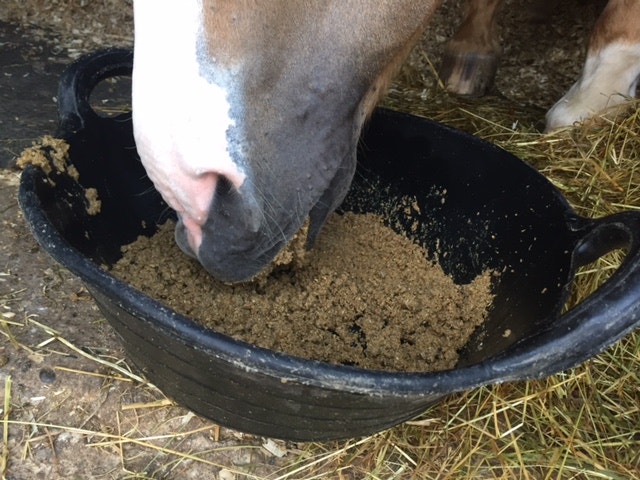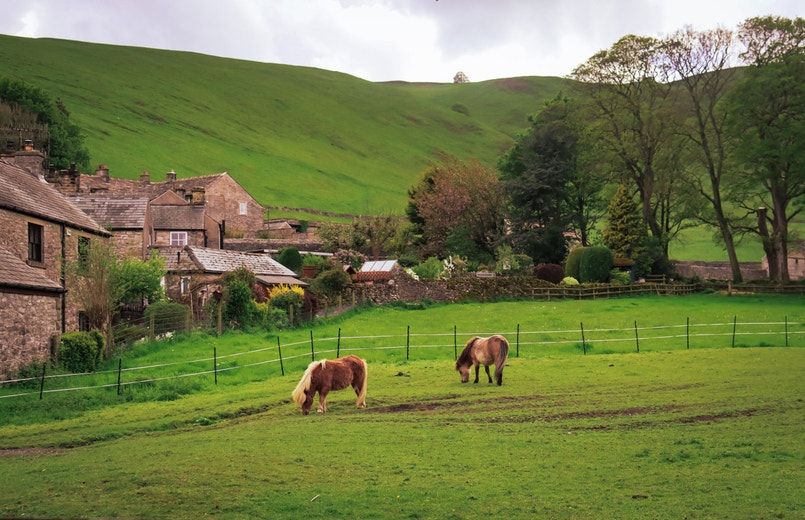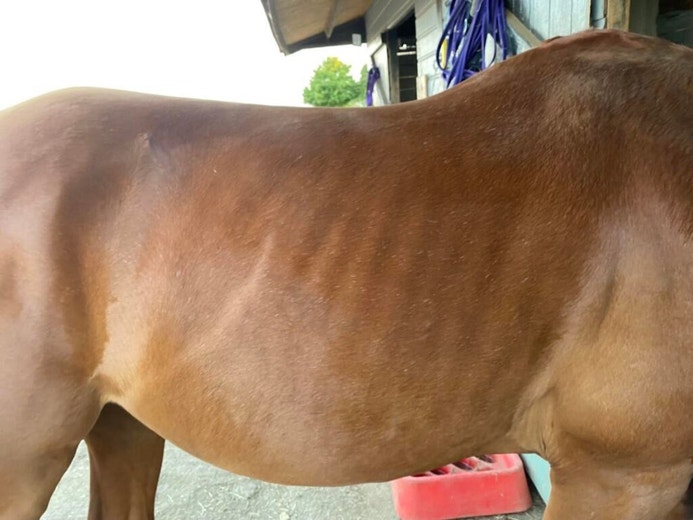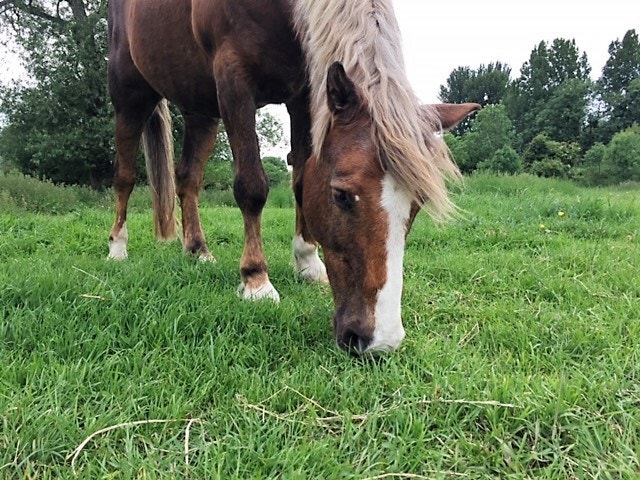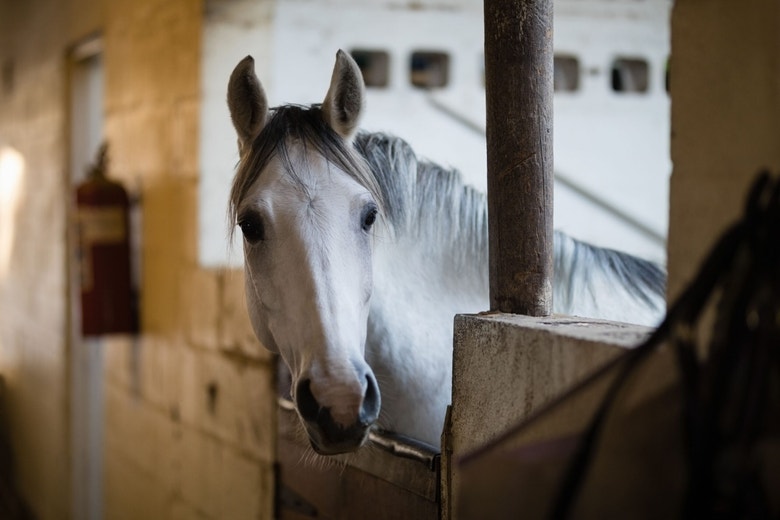SPILL the beans with Alice Oppenheimer

In the world of British dressage, one name that shines brightly is Alice Oppenheimer. Alice was on the World Class programme for several years, during which time she amassed a collection of 22 National British Dressage Titles and won 12 times Internationally including at the 5* in Doha and Hagen on homebred Headmore Delegate. One unique facet of Alice's illustrious journey is that the majority of her successes have been achieved astride horses bred and nurtured at Headmore, a testament to the close-knit partnership of the mother-daughter team.
From a young age, Alice was destined for the saddle, thanks to her mother, Sarah, who herself had a notable presence in competitions such as the Horse of the Year Show (HOYS) and the Royal International Horse Show. With such a rich heritage in equestrian pursuits, it was only natural for Alice to follow in her family's hoofprints.
Alice's journey in dressage took a significant leap when she became a member of the Young Rider European team in 2009. From that point forward, she steadily climbed the ranks, accumulating a wealth of experience and accolades along the way. Her dedication to the sport and her relentless pursuit of excellence have led her to international placements at the Grand Prix level, marking her as one of Britain's World Class dressage riders.
Today, Alice Oppenheimer boasts an exceptional team of dressage horses, a testament to her dedication and expertise. To maintain her position at the top of the sport, Alice places great importance on ongoing coaching and mentorship. She receives weekly guidance from renowned coach Erik Theilgaard, ensuring that her skills and performance remain at their peak.
In this blog, we delve into Alice Oppenheimer's approach to the care and management of her dressage horses, exploring her feeding routines, training strategies, and the meticulous care that goes into maintaining her equine partners at the highest level of dressage competition.
Q. Alice, with your impressive career in British dressage, can you share with us the key factors that contribute to maintaining your horses at peak performance levels in the sport?
A. The main factors are collaborative teamwork, having the best nutrition, diligent care and training, all underpinned by our outstanding home team of vets, physios, farriers, saddlers and dedicated staff.
Q. Dressage demands a high level of fitness and precision from both horse and rider. What role does nutrition play in ensuring your horses are physically prepared for competition?
A. Nutrition plays a massive part in our horses’ overall wellbeing. Each horse is different, so we tailor their dietary plans to cater to their individual requirements.
Q. Can you describe the typical daily feeding routine for your dressage horses? What types of feed and supplements do you prefer to include in their diets?
A. Our feeding routine is three feeds daily feeds, with hay or haylage available for most ad-lib. We favour SPILLERS™ feed and NAF supplements as required.
Q. Maintaining the overall health and well-being of dressage horses is essential. Could you share any specific management practices or routines that you implement to achieve this?
A. Our horses enjoy a varied lifestyle, including hacking and pole work in addition to schooling (never exceeding two consecutive days) in addition to as much turnout as possible.
Q. Travel is often a part of competitive dressage. How do you manage your horses' nutrition and well-being when they are on the road for events and competitions?
A. Alice and I work in tandem with the invaluable assistance of Yvonne, who serves as the SPILLERS Nutritional Advisor for the South-East, to tailor our feeding regimens to each horse's specific needs when travelling and competing. One particular favourite is the SPILLERS Perform & Restore Mash which is ideal for getting the horse’s to re-hydrate optimally.
Q. Every horse is unique. How do you tailor your feeding and management plans to meet the individual needs of each horse in your stable?
A. The dietary requirements are contingent on the unique needs of each horse; some require a cooling diet, while others thrive on a more energy-based regimen.
Q. Lastly, what advice would you offer to aspiring dressage riders and horse owners regarding the importance of a well-balanced feeding and management routine for achieving success in the discipline?
A. Whilst maintaining a well-balanced feeding and management routine, we would advise aspiring riders and horse owners to persevere with unwavering dedication, work hard, always do a good job and keep smiling!
